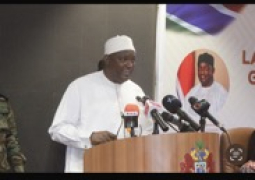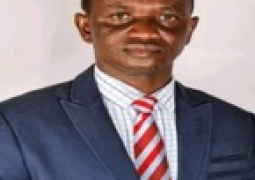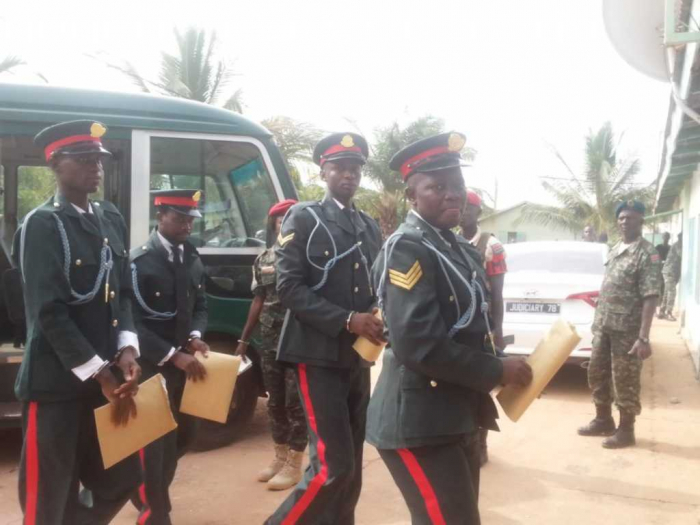
The appeal case of seven ex-soldiers convicted of treason against the State is set for judgment.
The Court of Appeal is expected to deliver its judgement on 1 December 2020.
The convicts were: Captain Yaya B. Jammeh, Lieutenant Abdoulie Jarju, Lieutenant Yaya Jammeh, Sergeant Baboucarr Sanneh, Sergeant Malick Bojang, Lance Corporal Abba Badjie, Private Mbemba Camara and Private Alieu Sanneh.
All the convicts except Private Alieu Sanneh were convicted to a jail term of nine years. Private Sanneh was convicted to a maximum jail term of three years.
The convicts were arrested in July 2017 in relation to a WhatsApp group created to commit treason by arresting the president, cabinet ministers, the Chairman of the Independent Electoral Commission, Chief of Defence Staff and battalion commanders as well as to attack the ECOMIG camp.
The prosecution alleged that the convicts had their ‘WhatsApp’ platform called “Ajamat” where they used to discuss their plans. They all denied culpability, but for the Court-Martial there was overwhelming evidence adduced by the prosecution suggesting that the convicts committed the crimes.
They were members of The Gambia Armed Forces and were accused of plotting a coup against the Government of President Adama Barrow. On appeal, the convicts denied the allegation that they wanted to overthrow the government of The Gambia by using a ‘WhatsApp’ group. They argued that the prosecution did not present any reliable witness to prove that they intended to incite any person to participate with them to overthrow the government of The Gambia.
It is the convicts’ argument before the Court of Appeal that the Court-Martial relied heavily on the testimony of tainted witness Dino Sanneh, who was arrested together with the appellants, but was released in November 2017 when he agreed to testify against them.
The convicts want the Court of Appeal to allow the appeal and set aside the judgment, findings and convictions by the Court-Martial. They also want the Court of Appeal to make an order to discharge and acquit them.
They want to be reinstated in their various positions in the Gambia Armed Forces and for their salaries and entitlements to be immediately paid to them.
The military court found them guilty of committing five criminal offences and dismissed from the army.
They were convicted of treason, incitement to mutiny, failure to report mutiny, conspiracy to commit mutiny and endeavour to persuade members of the Armed Forces to take part in mutiny.
Lawyer Sherriff Kumba Jobe for the convicts submitted that the Court-Martial erred in their judgment by relying on transcript audio messages of the ‘WhatsApp’ chat group and held that it should have corroborated other exhibits to prove their guilt. Barrister Jobe submitted that the said audios were never produced, shown and played in court to establish their existence, accuracy and authenticity.
Barrister Jobe argued that there was no ‘incitement to mutiny’ on the side of Captain Yahya Beray Jammeh, Sergeant Baboucar Sanneh, Sergeant Malick Bojang, Lance Corporal Abba Badjie, Private Mbemba Camara and Lance Corporal Alieu Sanneh, but the Court-Martial went ahead and convicted them on those charges.
Jobe said the court-martial erred in law when it proceeded to hear and determine the charge of treason without the written consent of the Attorney-General. He submitted that there was no written consent by the Court-Martial and therefore, the Court-Martial did have the jurisdiction to hear and determine the case.
Jobe further argued the lower court erred in law by convicting the appellants even when the essential elements of the offences as charged, had not been proven beyond reasonable doubt as required by law. He presented that the findings and conviction of the Court-Martial is contrary to the evidence adduced and the same cannot sufficiently establish or prove all ingredients of the offences charged.
Jobe contended that the Court-Martial misconceived the nature of the prosecution’s evidence and it did not properly evaluate it.
Lawyer Jobe submitted that the Court-Martial erred in law by admitting as evidence, statements of the convicts that were obtained under duress and in the absence of an independent witness, even though, some of them indicated in Court that they were tortured. He contended that the statements were obtained without adherence to the established rules of taking statements.
The appellants’ lawyer said the Court-Martial erred in law when it held that Exhibit ‘N’, ‘O’ and ‘P’ were not computer generated documents and did not fall within the requirement of Section 22 of the Evidence Act. Jobe again submitted that Exhibits ‘N’, ‘O’ and ‘P’ were statements from Africell, Qcell and Comium and no officer or staff from these GSM Companies were present as witnesses to tender them and further argued that the prosecution did not lay any proper foundation for the admissibility of those documents. He said the witness through whom the exhibits were tendered, is a security officer and a member of the investigation panel.
Read Other Articles In Headlines
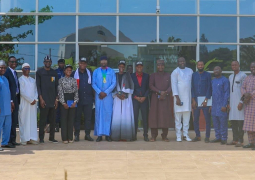
Deputy Speaker Honoured with Africa Distinguished Young Achiever Award
Feb 20, 2026, 11:20 AM
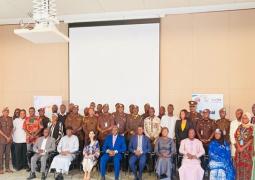
Gambia made strides in migration governance, challenges remain- PS Yabou
Feb 24, 2026, 1:30 PM
